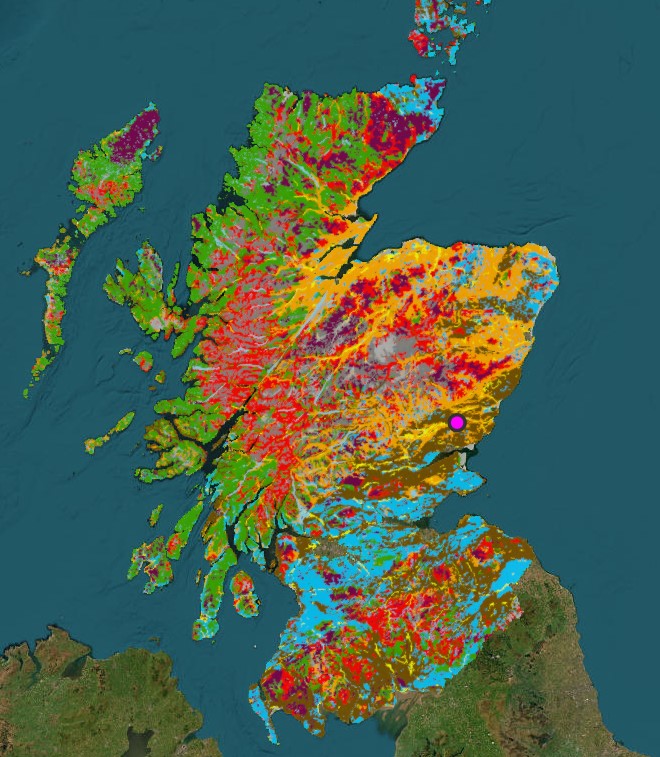Our impact
Our science is supporting and finding solutions for the national and international commitment goals to zero hunger, sustainable land and natural resources management, climate change, plant diversity, clean water, energy, biodiversity and the economy.
We collaborate and work in numerous global locations, exchanging knowledge, impact, innovation, skills, learning and experience. An investment in our science is an investment in all of our future.
£447.9M
Gross added value
contributed to the global economy

200
plant varieties
bred by the James Hutton Institute, its commercial subsidiaries and predecessors.

100
Years of breeding
experience by the James Hutton Institute, its commercial subsidiaries and predecessors
Making an impact
Explore a selection of recent case studies that spotlight some of our areas of research.
Open science
Our areas of expertise are underpinned by an open science approach that aims to make the knowledge gained from research openly available as soon as possible.
It involves the sharing of outputs including publications, data, code, sources, methods, instruments and any other output from which others could benefit.
We make our scientific data information and tools accessible and usable online and virtually. We believe in sharing our knowledge to the benefit of all of society.
Open campus
We encourage people to visit our sites and to co-locate with us. It fosters collaboration and an excellent working environment for creative, solution-focused thinking.
We have various spaces available for hire across our Dundee, Aberdeen and Glensaugh sites.
With brand new facilities and buildings being developed in both Aberdeen and Dundee, we can ensure you will have access to modern spaces with the latest AV and VR technologies.

